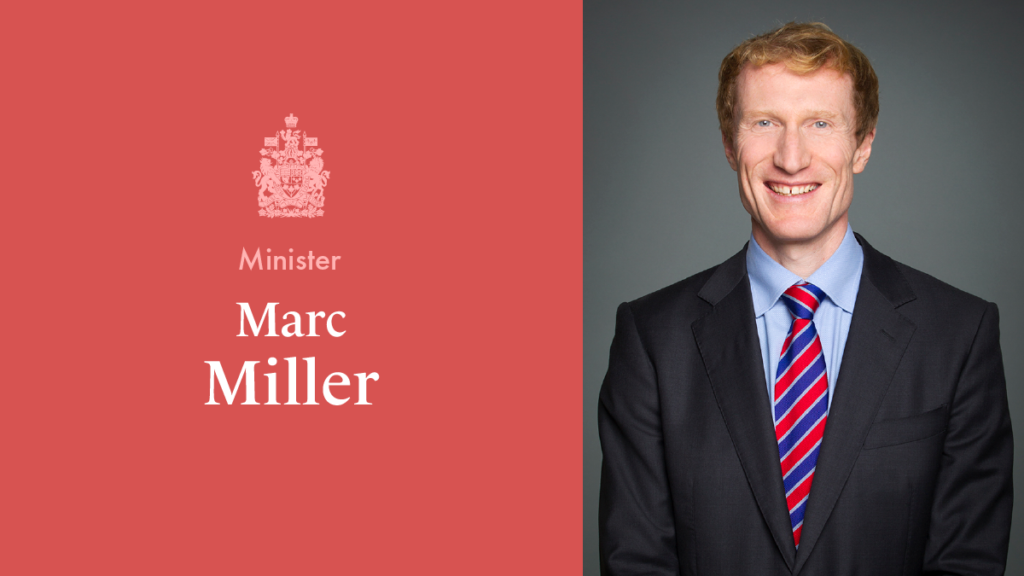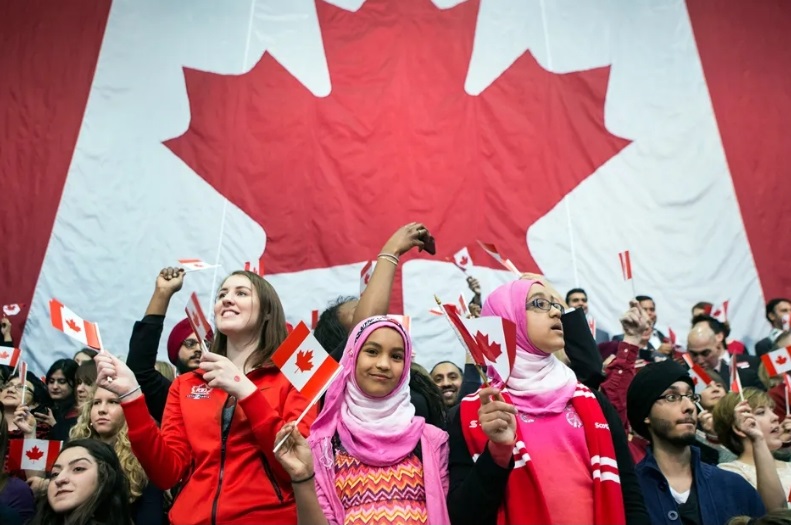“The international student cap is here to stay”, according to Canada’s Immigration Minister Marc Miller.
In 2025, Immigration, Refugees, and Citizenship Canada (IRCC) plans to issue 437,000 study permits. This number reflects a 10% reduction from the 2024 target of 485,000 permits, with plans to stabilise the intake cap for 2026. IRCC expects that this change will result in issuing 300,000 fewer study permits to international students in the next few years.

Enhancing temporary residency initiatives to support sustainable immigration levels.
On September 18, 2024, the Government of Canada acknowledged the necessity to enhance temporary residence programs in order to sustain consistent immigration levels. Canada has a rich history of embracing immigrants who contribute to our nation’s economy and cultural diversity. In light of labor shortages and the lingering effects of the pandemic, the federal government implemented measures to address the immediate requirements of businesses and bolster our economic revival. As the Canadian economy continues to undergo transformations, it is imperative to adjust our immigration framework to tackle new challenges, such as a weakening labor market.
Earlier this year, Immigration, Refugees and Citizenship Canada announced plans to reduce the proportion of temporary residents in Canada from 6.5% to 5% of the total population by 2026. This initiative entails implementing various measures to effectively manage the influx of temporary residents and to hold accountable any employers who misuse the system. The reforms encompass the International Student Program, stricter eligibility criteria for temporary foreign workers, enhanced enforcement of employer compliance, and more rigorous assessments of labor market impact to combat fraudulent activities.
In an effort to ensure that temporary residents arriving in Canada receive adequate support, the Honorable Marc Miller, Minister of Immigration, Refugees and Citizenship, has recently introduced supplementary measures aimed at managing the influx of temporary residents, preserving the integrity of the immigration system, and safeguarding vulnerable individuals.
Immigration, Refugees, and Citizenship Canada (IRCC) states that they are:
- Announcing a further reduction in the intake cap for international student study permits for 2025. This reduction will be based on a 10% decrease from the 2024 target of 485,000 new study permits issued. We plan to stabilize the intake cap for 2026 so that the number of study permits issued remains the same as in 2025. For 2025, this means reducing the number of study permits issued to 437,000.
- This fall, the authorities will update the Post-Graduation Work Permit Program to better align with immigration goals and labor market needs.
- Later this year, work permit eligibility will be limited to spouses of master’s degree students whose program is at least 16 months in duration.
- Later this year, Canada will limit work permit eligibility to spouses of foreign workers in management or professional occupations or in sectors with labor shortages under Canada’s work permit programs (TFWP and IMP).
Canada, like many other countries, is seeing an increase in asylum claims due to the rising number of displaced people worldwide. This has led to a growth in temporary resident volumes. In response to this, the government has been working on various measures to address integrity issues and strengthen the asylum system within Canada including:
- Instituting partial visa requirements for Mexican nationals.
- Enhancing claims processing procedures while upholding the equity and legitimacy of the asylum system, as declared in 2024.
- Reevaluating visa decision-making processes to equip our proficient officers with the necessary tools to identify fraud and diminish the influx of non-authentic visitors.
- Exploring additional measures to bolster visa integrity.
The actions we have taken, as well as the additional steps announced today, will strengthen our immigration system and help address the changing needs of our country. We have listened to Canadians, including our provincial, territorial, and municipal partners, as well as other community leaders. We will continue to seek to protect the integrity of our system and responsibly grow our country.

Brief Facts on International Student Cap
- The 2025–2027 Immigration Levels Plan is expected to implement a proposed adjustment, reducing the proportion of temporary residents in Canada from 6.5% to 5%. The plan is scheduled for release by November 1, 2024.
- If you graduate from a program at a public college in a field associated with occupations facing long-term shortages, you will continue to qualify for a Post-Graduation Work Permit (PGWP) lasting up to three years.
- As part of the modifications to the PGWP Program, all applicants must demonstrate a minimum proficiency in either French or English. This requirement aims to enhance their potential for transitioning to permanent residence and adapting to evolving economic circumstances. Effective November 1, 2024, individuals applying for a post-graduation work permit will need to demonstrate a Canadian Language Benchmark (CLB) level of 7 for university graduates and CLB 5 for college graduates.
- In the 2025–2026 period, master’s and doctoral students seeking study permits will need to submit a provincial or territorial attestation letter as part of the intake process. Approximately 12% of allocation spaces will be set aside for these students, recognizing their valuable contributions to the Canadian labor market.
- Starting January 1, 2024, we have revised the cost-of-living requirement for study permit applicants to more accurately reflect the actual cost of living in Canada. Our goal is to mitigate student vulnerability and exploitation.
- Budget 2024 proposes an investment of $743.5 million over 5 years, commencing in 2024–2025, and an ongoing allocation of $159.5 million to uphold the stability and integrity of Canada’s asylum system.
read more on Canada Visitor Policies
Important Quotes
“The Temporary Foreign Worker Program was designed to address labour market shortages when qualified Canadians were not able to fill those roles. Right now, we know that there are more Canadians qualified to fill open positions. The changes we are making today will prioritize Canadian workers and ensures Canadians can trust the program is meeting the needs of our economy.” – The Honorable Randy Boissonnault, Minister of Employment, Workforce Development and Official Languages.
“The reality is that not everyone who wants to come to Canada will be able to—just like not everyone who wants to stay in Canada will be able to. We are taking action to strengthen our temporary residence programs and roll out a more comprehensive immigration plan to meet the demands of today’s changing landscape. Our immigration system must preserve its integrity, and be well managed and sustainable. And as we look forward, we will do everything it takes to achieve that goal and set newcomers up for success.” – The Honourable Marc Miller, Minister of Immigration, Refugees and Citizenship.
We will be providing additional details about the measures announced today on our website in the near future..







